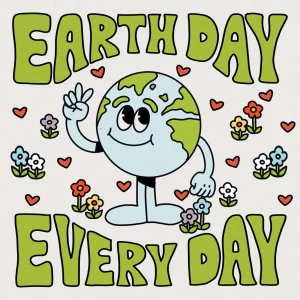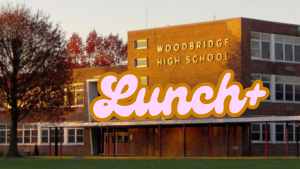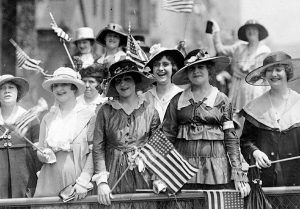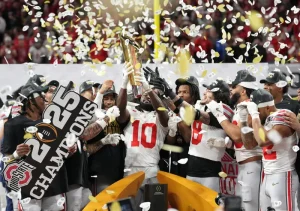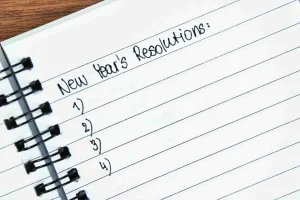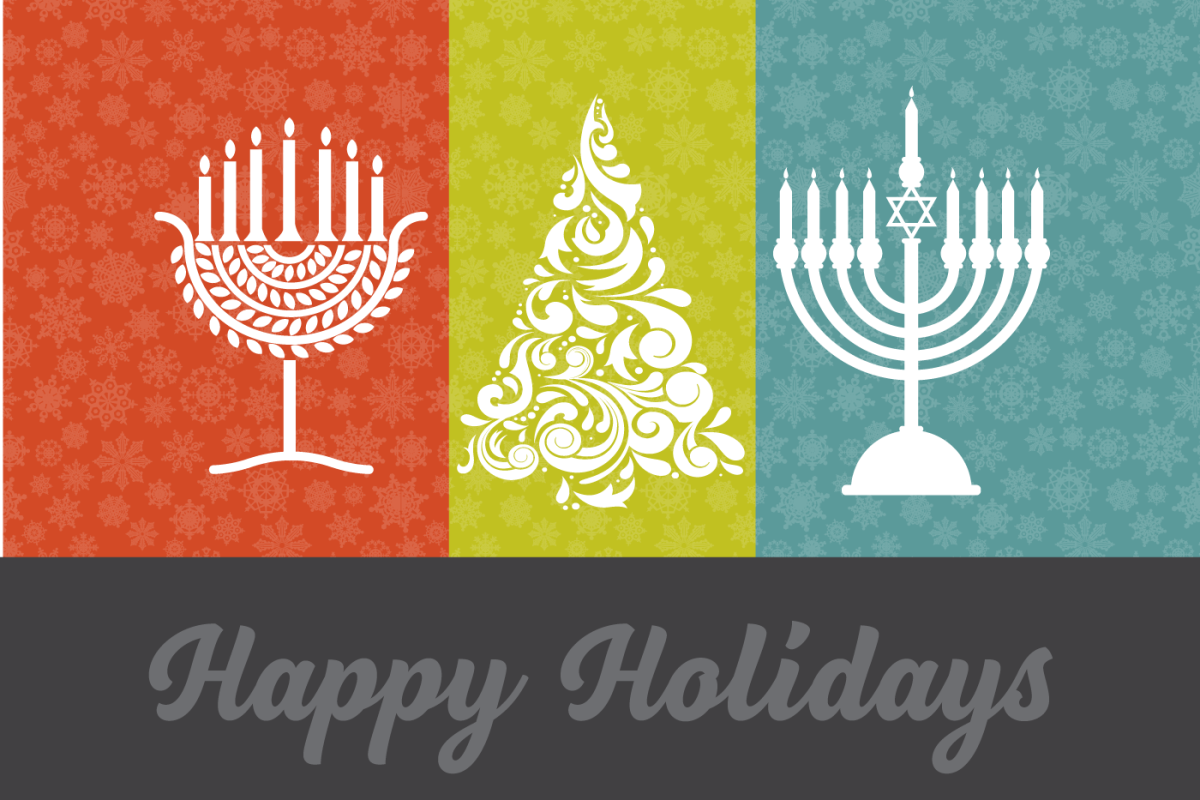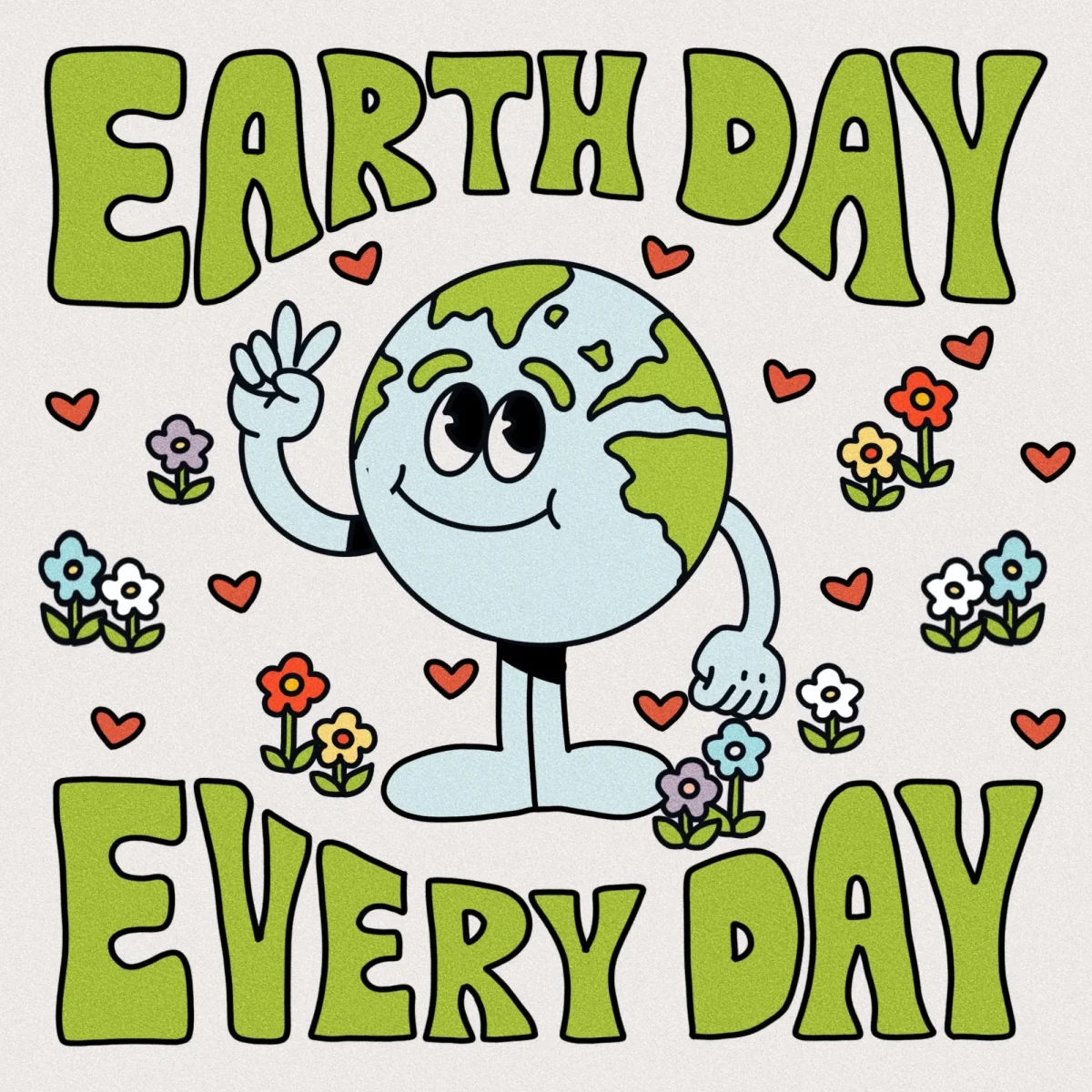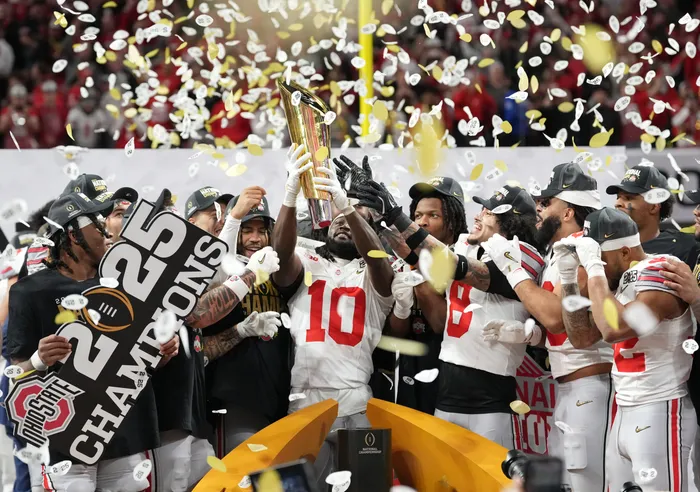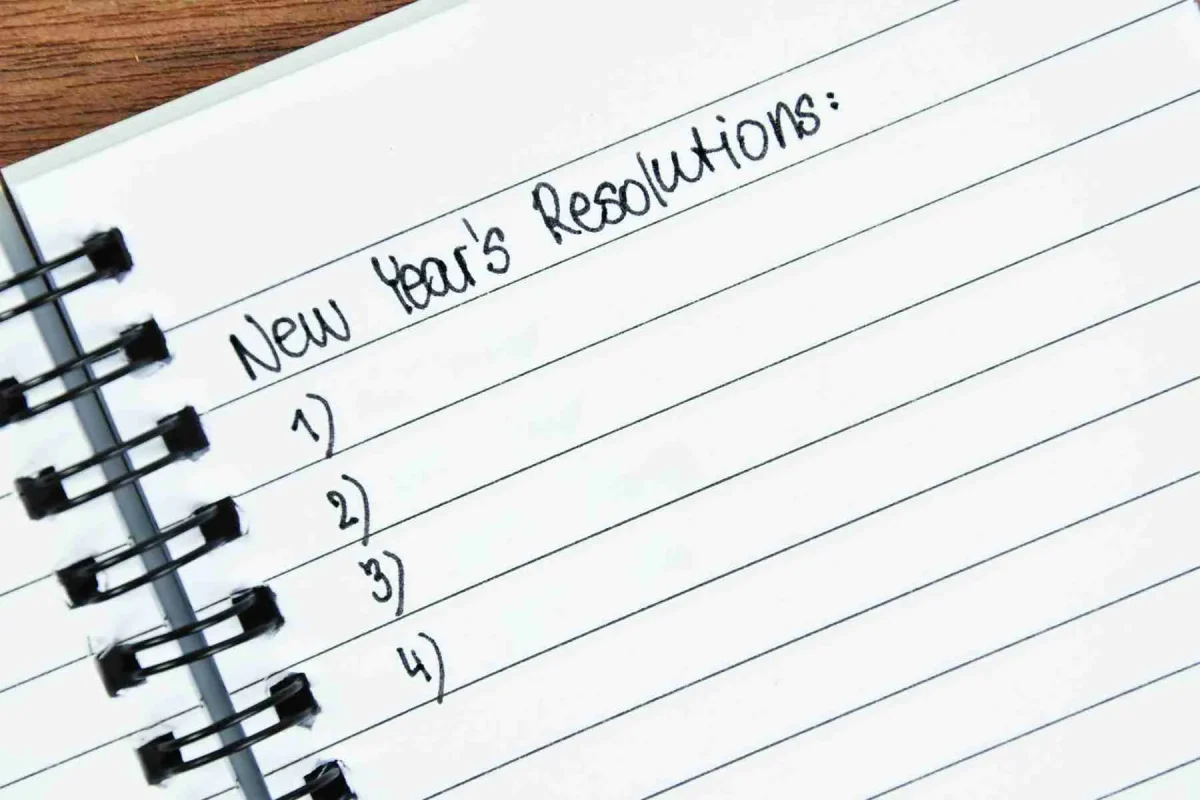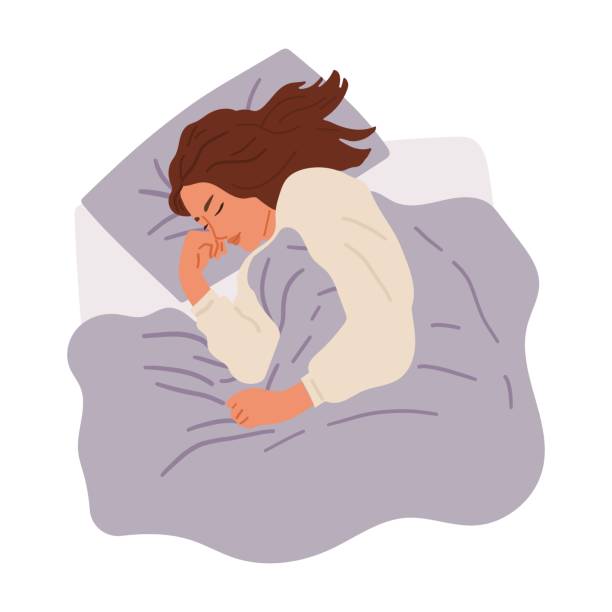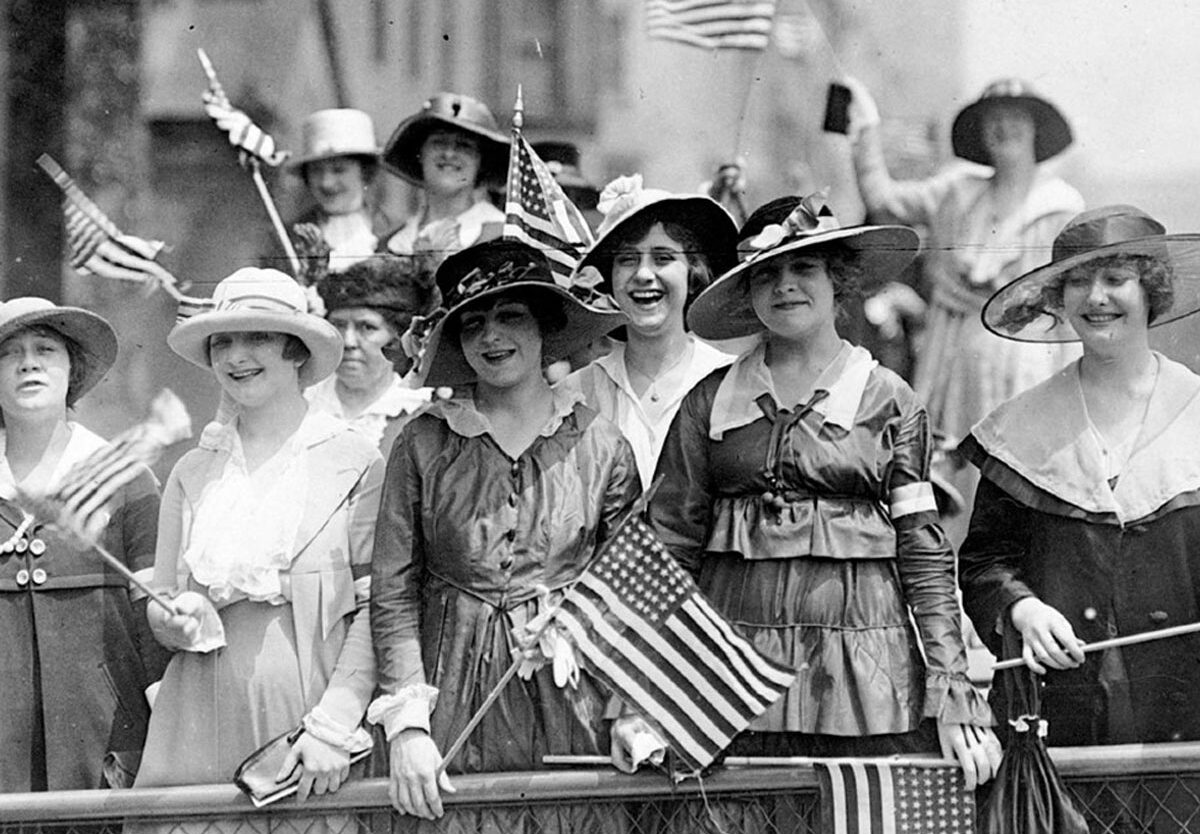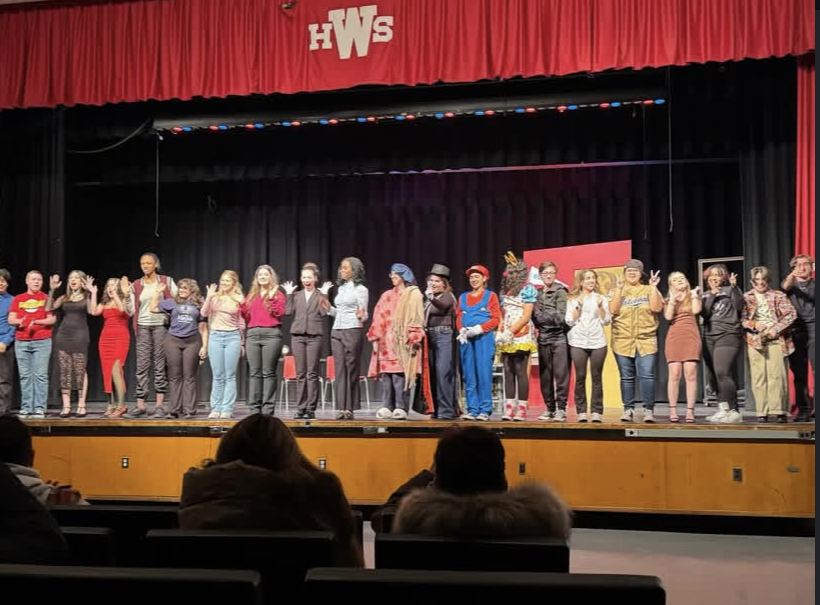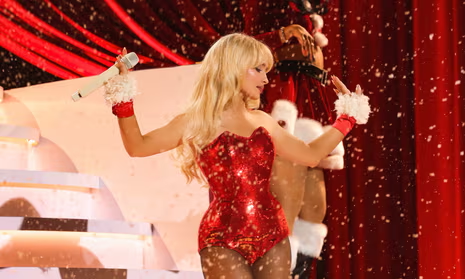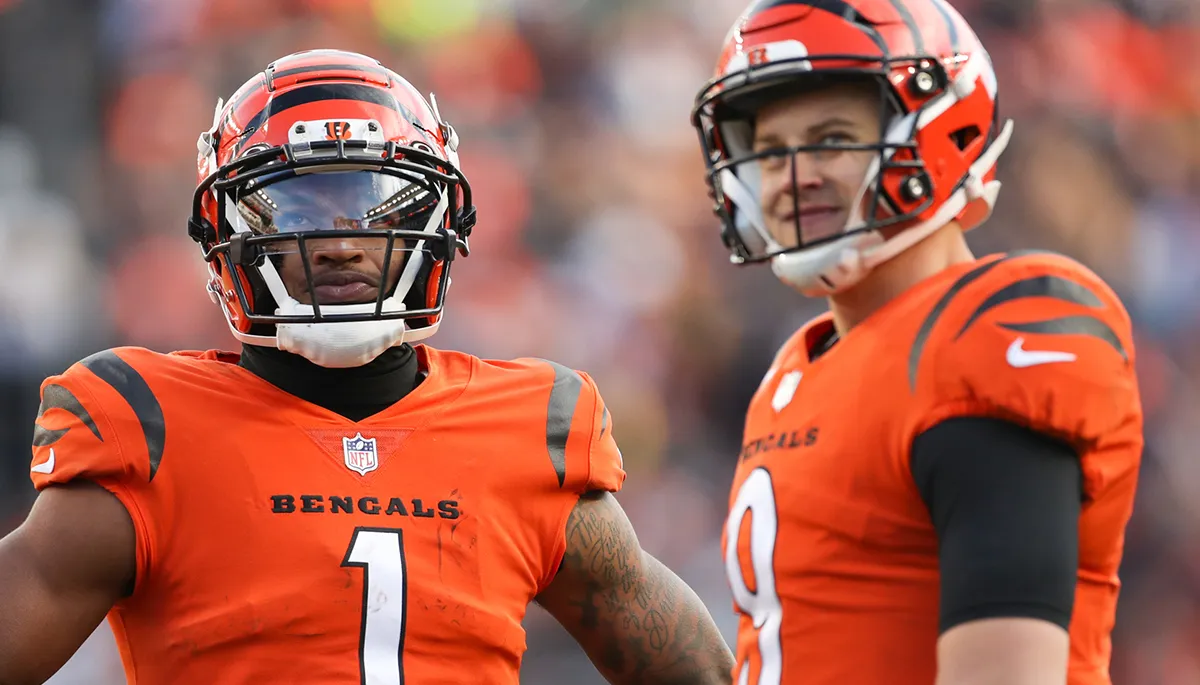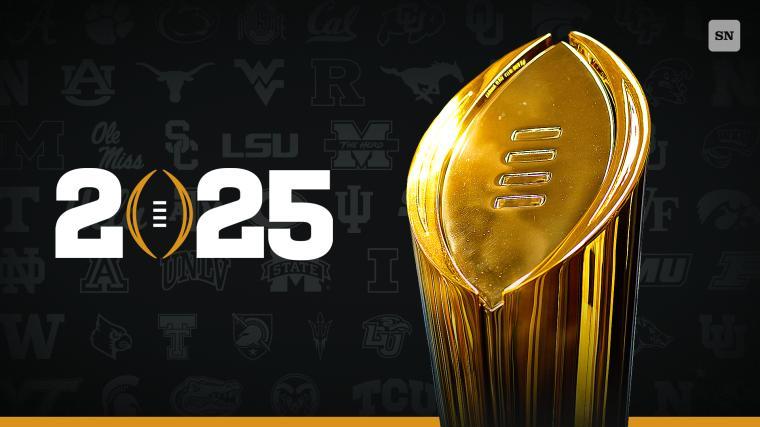The holidays are always busy, but they are also a time for coming together with family and friends. The most popular holiday of December is Christmas, being celebrated by roughly 93% of the American population. However, not many people are familiar with the origins of the holidays they celebrate. As far as many are concerned, the holidays are just traditions passed down from generation to generation.
Christmas
The holiday of Christmas has origins in Christianity. Instead of celebrating a man in a red suit or coming together to exchange gifts, families would go to church. They would celebrate the birth of the Son of God, Jesus Christ. The holiday of Christmas is modernly celebrated annually on December 25th.
Beginning in 800, Christmas began to gain traction. The Middle Ages (1000-1300 AD) saw the holiday skyrocket in popularity. Around this time, Christmas began to be accompanied by grand feasts, caroling, and public festivals. Gift-giving during this time was typically between those bound by legal relationships, such as a married couple or a landlord and tenant.
Christmas would continue to evolve throughout time, from its ban in England by the Puritans between 1647 and 1660 to the decline of its association with Catholicism. Charles Dickens’s novel A Christmas Carol also kickstarted popularity in the holiday once more upon its publishing in 1843. From then on, the holiday was no longer solely about church and Jesus, but merriment.
Students such as April Chang and David Vincent can confirm the long-lasting traditions. Senior April Chang reminisces about dinner with family and celebration on Christmas Eve rather than on Christmas Day. Senior David Vincent recalls going to mass every year on Christmas Eve, proving that though sparser than before, religion is still tied to the holiday.
Hanukkah
Many of those who don’t celebrate Hanukkah might still be familiar with the story surrounding the origins of the holiday. This story tells of Jewish people entering a Temple where they found only one jar of oil, enough to be lit for only a single day. Miraculously, they used it for lighting their lamps for eight days, until they managed to produce more oil.
Some may not be aware that these events occurred after the Jews took back their city from the Greek monarchy. Hanukkah is celebrated annually from December 25th to January 2nd. Hanukkah leans more towards religion which may help explain why its celebration is not as widespread as that of Christmas.
The traditions of Hanukkah include coming together as a family to light the menorah every night of Hanukkah. Another tradition of Hanukkah is gift-giving, in which families will give each other a gift on typically a nightly basis. Fried foods are often consumed in celebrating households as well.
Kwanzaa
Kwanzaa is a relatively new holiday, first being recorded as being celebrated in Africa in 1966. It is celebrated from December 26th to January 1st. On these nights, families light a new candle on the Kinara, which has seven candles. Each candle represents a different principle: Unity, Self-Determination, Collective Work and Responsibility, Cooperative Economics, Purpose, Creativity, and Faith.
This holiday was created by activist Maulana Karenga. Karenga said it was meant to be an alternative to Christmas. He believed Jesus was “psychotic” and Christianity was a “White” religion. Currently, the only countries that celebrate Kwanzaa outside of Africa are the USA, Jamaica, France, Canada, and Brazil.
Boxing Day
Boxing Day is a holiday celebrated the day immediately after Christmas. It was once a day for gift giving but now has become Black Friday adjacent. Though typically celebrated on the 26th, this bank and public holiday is always celebrated on the first weekday after Christmas, offering up obvious confusion. However, only some countries allow this holiday as a day off of work such as Canada and New Zealand.
Ōmisoka
Ōmisoka is a holiday typically celebrated solely in Japan on December 31st. Activities include house cleaning, repaying debts, and purification (driving out evil spirits and bad luck). Modernly, this holiday has become more adjacent to New Year’s Eve celebrations.
It is traditional to gather for the last hour of the year and eat noodles as well as visit a shrine or temple at midnight. When seeing someone for the last time before the new year, it is traditional to say “Yoi o-toshi wo” (“Have a good New Year”). The traditional first greeting after the beginning of the New Year is “Akemashite omedetō (“congratulations on the new year”).
The Holiday Consensus
Having learned about these holidays, one might attribute them to days off from work or school. Maybe you consider a holiday to be its traditions. However, holidays are what we make them. They evolve and change over time. Holidays are celebrated worldwide, but what is clear is that everyone celebrates holidays differently.
